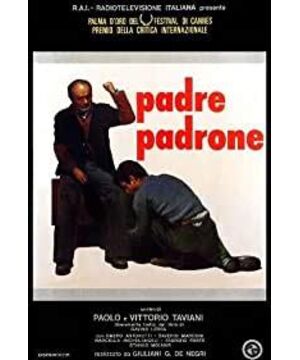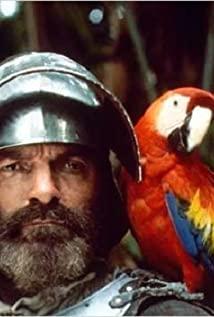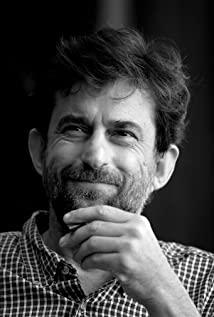Why does a father want his son to be a shepherd?
No matter in any country or in any era, there are many tragic events caused by ignorance caused by poverty. The stubbornness, numbness and indifference to education in remote mountainous areas are the root of all tragic events. Faced with their own predicament, both sons and fathers are changing the status quo in their own way. The rich man in the village was killed, and his father bought the olive grove in the hands of the rich man. After a natural disaster, all hope was a phantom, and he began to arrange work for the family. Sometimes, when we watch a movie, it seems that all disasters befall the poor, while the rich are still living their lives like a duck to water. In terms of the properties of the film itself, art derived from life is naturally drawn from reality, but in order to deepen the feeling, a series of exaggerated means are often used. What many realism-themed films want to convey to the audience is not the sadness and joy of the film itself, but the living conditions of the little people under the times, to see the big from the small, and to reflect the society, times, countries, etc. from individuals.
Visconti believes that neorealism is mainly about content, which can take ordinary people in reality, especially the marginalized or the underprivileged, as the protagonists on the screen, showing a humanitarian standpoint. In this film, both the ignorant father and the neurotic mother are portrayed with a warm brushstroke. The escalation and easing of the conflict between the son and the father, the joys and sorrows in the poor life, etc., all carry a positive attitude.
Poverty is the greatest bondage
A life of worry-free clothing and food is what everyone yearns for and pursues. However, life is not as simple as we imagine. Any sudden change may make our life tragic. However, poverty forces us to compromise. Such as ideals, such as tomorrow, such as the future. The father deprives the son of the right to choose life because of poverty, the son has to accept the choice made by the father for himself because of poverty, the mother who loves beauty has to increase the speed of aging in labor or because of poverty. With the development of society today, poverty is no longer an individual problem, but a problem of the whole society. The rich and the poor are polarized, the means of production are forcibly occupied, and the rural education system is not perfect.
In addition to the wonderful story, "My Father and My Lord" also allows us to appreciate the style of Sardinia, rustling oak trees, babbling rivers, Dada's horseshoes, and quiet farms. Beneath these beautiful scenery is the hopelessness and fear of a little boy. The familiar living environment did not bring him any comfort, but instead became his spiritual burden. The biggest highlight of the film is the shooting method. Although it adopts an active narrative method, it does not let the shepherd as the first person to narrate the story. When the audience appreciates this film, what they see is only the growth history of a child. Only when the ending and beginning of the film echo and fit, the narrative structure of the film shows a complete state.
There is a line in the film, "It's him today, it'll be you tomorrow." Poverty is not just a problem for the shepherd's family, but also for countless growing children. The director throws such a proposition to the audience, leaving behind a sense of helplessness that the status quo cannot be changed. When the voice of the church echoed on the vast plain, a seed of hope gradually fell and took root in the heart of the little shepherd.
View more about Padre Padrone reviews








